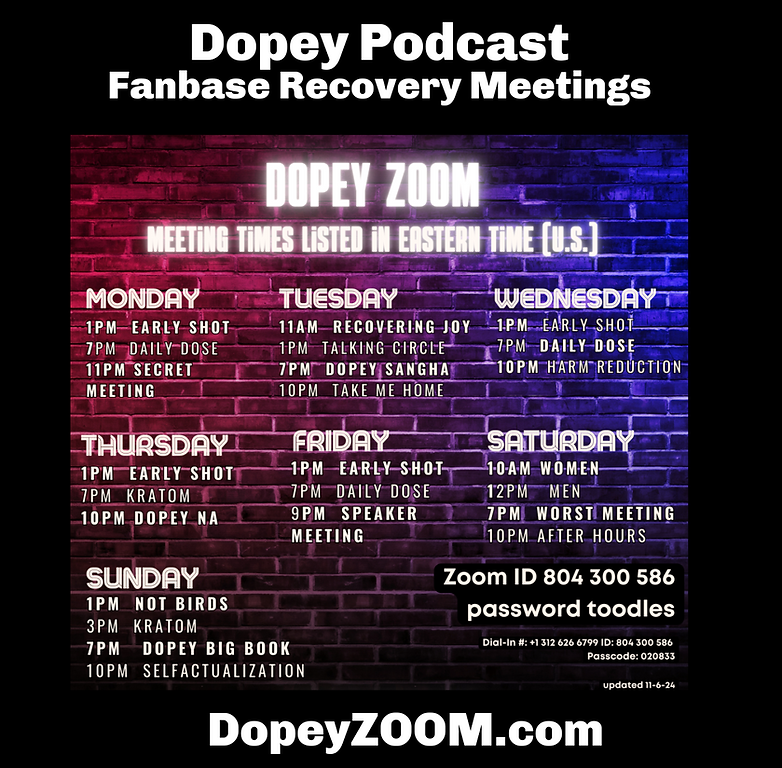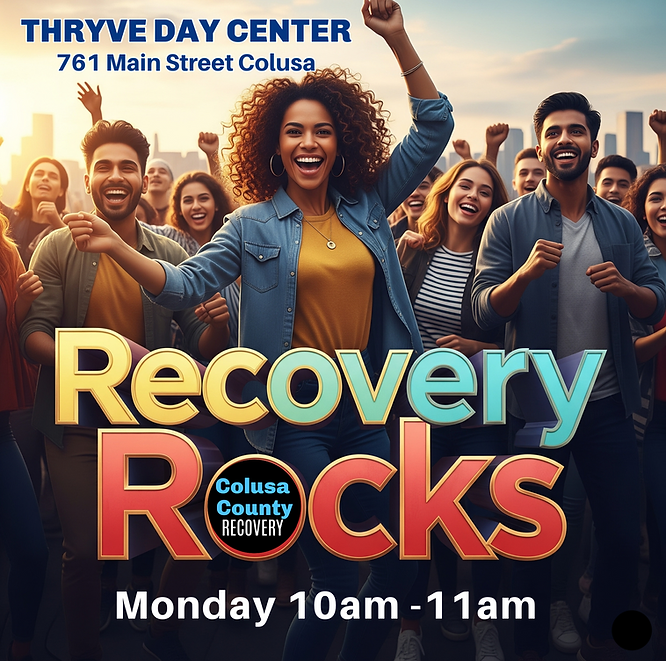Hey there! Feeling like you could use some support, but not sure where to start? You're definitely not alone. We all go through challenges in life, and sometimes, talking to people who understand what you're going through can make a world of difference. That's why we created this support meeting page – a one-stop shop to find a group that's the perfect fit for you. We have a diverse range of meetings available, so take a look around and see what sparks your interest.
DIVERSE RANGE OF MEETINGS
Three Online Meetings That Run 24 Hours a Day
CONNECT TO AN ONLINE AA or NA GROUP INSTANTLY
Find A Group That's Right For You

Steps, Higher Powers and Sponsors – those work for some people very well. LifeRing's approach is different.
We think YOU are the best person to design your Own Personal Recovery Program – you know what’s needed in your life, and what has to be abandoned. You know the path you want to be on, and you are the only person who can figure out, how best to get there. LifeRing supports a persons efforts to strengthen their Sober-Self and weaken their Addict-Self. [60 Sec LifeRing Intro on YouTube]

MEETING
VERIFICATION
AVAILABLE
UNITY RECOVERY MEETINGS
Secular Alternative To 12 Step Recovery Meetings
Unity Recovery - Embraces all pathways to recovery, wellness, and mental health resilience. Meetings are facilitated by a certified peer support specialist.
Daily Meetings / Pacific Time
Weekdays: 12PM & 6PM (EST)
Weekends: 12PM & 3PM (EST)
In The Rooms (ITR) is a free, online social network and meeting website for people in addiction recovery. The site offers a virtual space for over 1,000,000 members to connect with others in recovery, share their experiences, and help each other. ITR offers 130 weekly online meetings, discussion groups, blogs, and recovery guides that support people recovering from alcohol, drug, and behavioral addictions.
NARCOTICS ANONYMOUS MEETINGS
Listen, share and connect with members of Narcotics Anonymous online.
7 Days A Week (USA)
24-7 Marathon Meeting
Zoom Passcode: 247 247
7 Days A Week (Calif)
6:00 p.m. & 9:00 p.m.
San Diego NA Group
7 Days A Week (NYC)
3:00 p.m. Couch Recovery
Zoom Passcode: potato
Meeting Attendance Provided
7 Days A Week (USA)
5:00 p.m. Global Love Bus
Passcode: notrolls
Meeting Attendance Provided

Hit a Meeting in Another State
Online NA Meetings
NEW YORK
View Meeting Guide
Online NA Meetings
BOSTON
View Meeting Guide
Online NA Meetings
SEATTLE
View Meeting Guide
Online NA Meetings
PHOENIX
View Meeting Guide

Online
AA Meetings
DALLAS
View Meeting Guide
Online
AA Meetings
BOSTON
View Meeting Guide
Online
AA Meetings
NASHVILLE
View Meeting Schedule
Online
AA Meetings
PHOENIX
View Meeting Schedule
Local Only
AA Meetings
COLUSA COUNTY
aa
View Meeting Schedule
Local & Online
AA Meetings
GREATER BUTTE, CA
View Meeting Guide
Online
AA Meetings
DENVER
View Meeting Guide
Online
AA Meetings
NEW YORK CITY
View Meeting Schedule
FAITH-BASED Support Groups
Celebrate Recovery and Life Recovery are Christian-based, recovery programs for anyone struggling with hurt, pain or addiction of any kind. Everyone is welcome. Attendance verification is provided by request.
LIFE RECOVERY
MONDAY 7PM: ASSEMBLY OF GOD: 1747 CA HWY 20, COLUSA.
USA ONLINE MEETINGS
CELEBRATE RECOVERY
FRIDAY 6PM: FIRST PRESBYTERIAN CHURCH: 261 4TH STREET, COLUSA.

SOBER SINCE 2003
Robert Downey Jr has been sober since July 2003 thanks to the love of his wife, Susan Levin, and friends, particularly Mel Gibson. When Downey tired to return to the acting scene after getting sober, he was a veritable pariah. He was unhireable due to his high insurance premium, which Downey couldn’t afford to pay himself. He didn’t have a home, and he had no financial safety net. Mel Gibson put a roof over his head, and food on the table, and cast Downey in a role he originally intended for himself in 2003, The Singing Detective -- Gibson paid the insurance premium himself. Downey was cast in the iconic role of Ironman in 2006.










.jpg)
.jpg)






